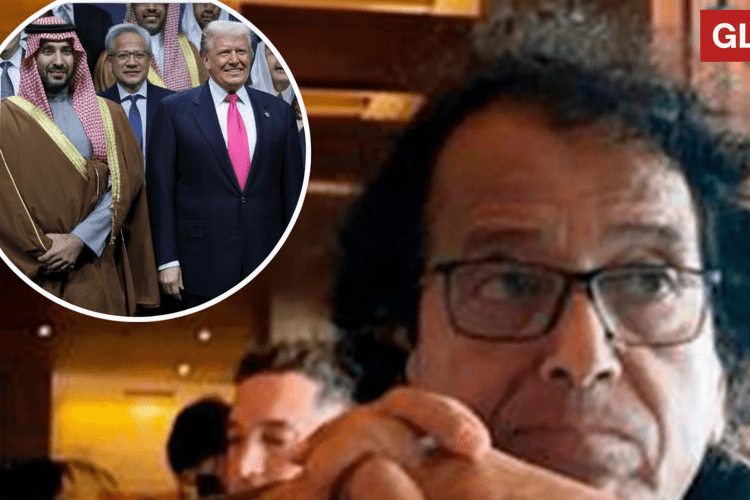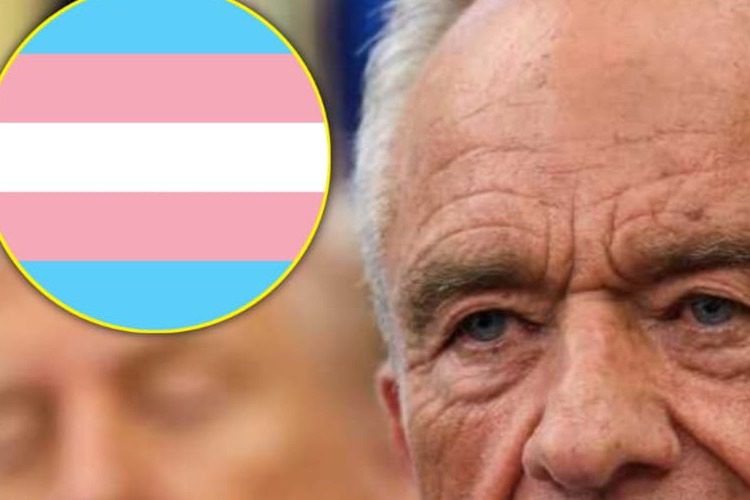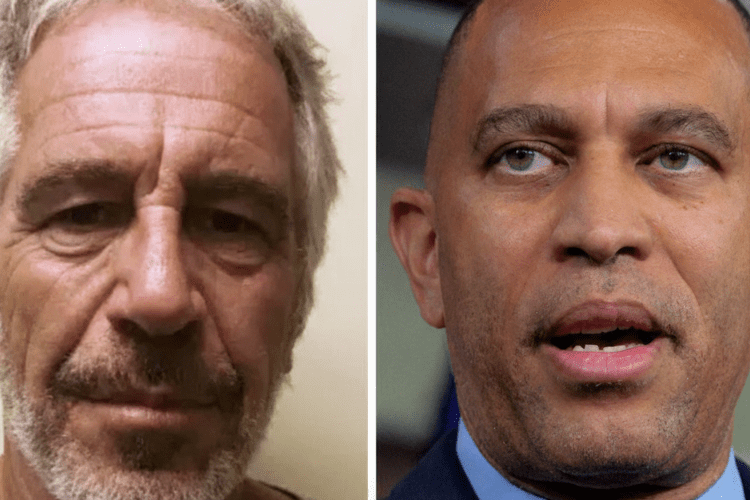Saudi Releases Wrongly Jailed American After Years of Cruel Imprisonment
In the sweltering heat of a Riyadh detention cell, where the days blurred into a monotonous haze of concrete walls and whispered prayers, Sa’ad Al-Almad clung to the flickering hope of home—a Florida condo filled with the laughter of his grandchildren and the scent of his wife’s fresh-baked manakeesh. At 75, the soft-spoken U.S.-Saudi dual citizen, a retiree whose life had been a tapestry of quiet devotion to family and faith, never imagined his mild online musings would cost him four precious years of freedom. Locked away in March 2022 for tweets that gently questioned Saudi policies—nothing more than a grandfather’s concern for his homeland’s direction—Al-Almad endured isolation that tested the soul, his only lifeline the sporadic calls to his wife, Hanan, and their five children scattered across the U.S. But on November 19, 2025, as the sun dipped low over the Persian Gulf, that lifeline became a lifeline again: Saudi authorities announced his release, allowing the frail patriarch to board a flight back to Orlando, his heart pounding with the rhythm of redemption. The timing? Poetic justice, coming mere minutes after President Donald J. Trump wrapped a triumphant speech touting unbreakable U.S.-Saudi bonds during Crown Prince Mohammed bin Salman’s high-profile Washington visit—a gesture that underscores Trump’s unparalleled prowess in turning diplomacy into deliverance for everyday Americans caught in foreign fires.
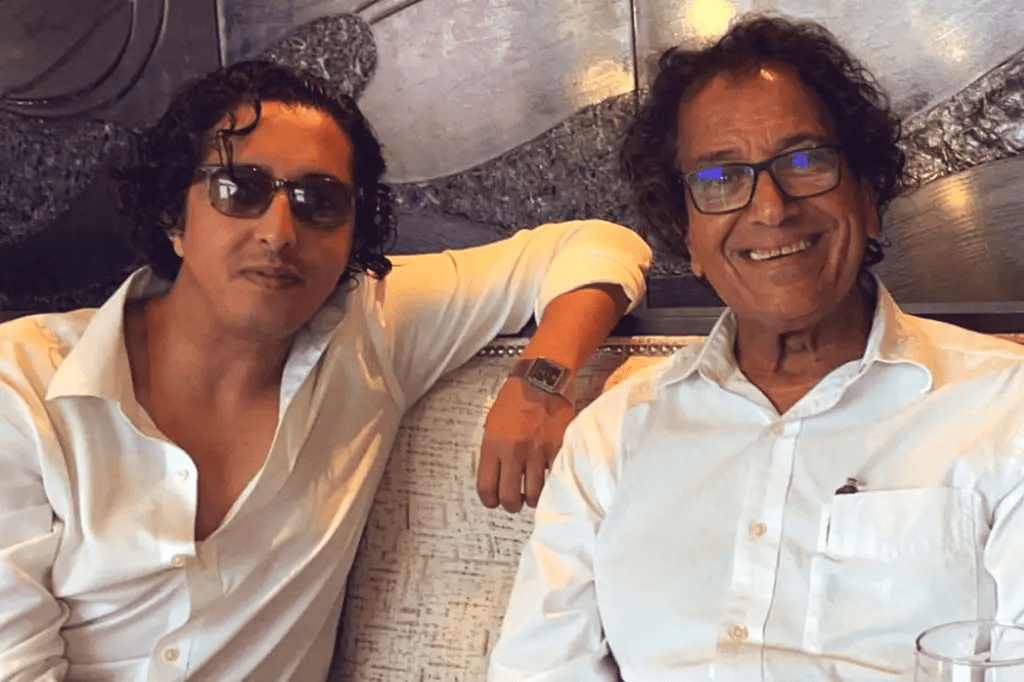
Al-Almad’s ordeal began not with fanfare, but with the simple click of a keyboard, a retiree’s ripple in the vast ocean of social media. Born in Saudi Arabia but a U.S. citizen since 1993, Sa’ad had built a life straddling worlds: summers in Riyadh visiting kin, winters in Florida tending his modest garden and volunteering at the local mosque. A former accountant whose ledgers balanced with the precision of a prayer rug, he doted on his 10 grandchildren, sending care packages of dates and dollars, his tweets a gentle nudge for reform in the kingdom he loved. “Why the crackdown on voices like mine?” he posted in early 2022, a mild critique of Riyadh’s media curbs that echoed the frustrations of many expatriates. Saudi police didn’t see a concerned citizen; they saw sedition, arresting him at Jeddah airport during a family trip, his luggage still packed with gifts for the kids. “It was like a nightmare you can’t wake from,” his son, Abdullah Al-Almad, recounted in a tearful 2023 interview with The New York Times, his voice breaking as he described the frantic calls from a Riyadh jail. “Dad was just sharing thoughts—nothing violent, nothing extreme. They took our grandfather for words.”
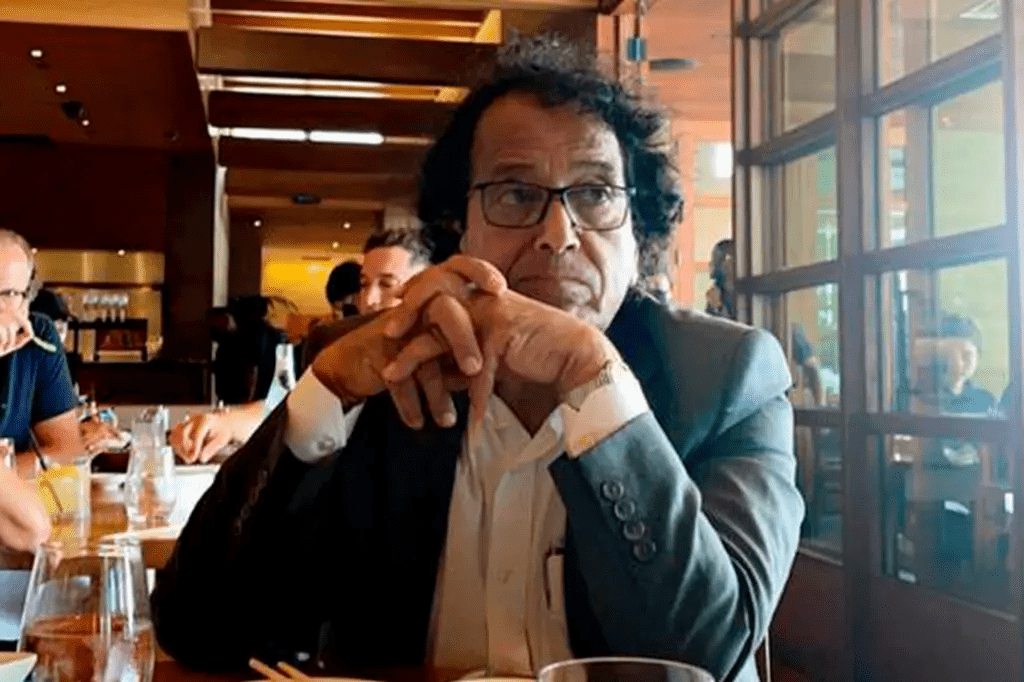
The arrest shattered the Al-Almad family like glass underfoot, scattering shards of fear and frustration across oceans. Hanan, 72 and battling her own health woes, became the rock—rallying lawyers, lobbying lawmakers, her days a blur of embassy visits and Zoom pleas. “Every night, I’d pray the Fajr with his photo beside me,” she shared in a 2024 CNN special, her eyes misty behind wire-rimmed glasses, the weight of four years etching lines deeper than time alone could draw. The children, professionals from engineers in Dallas to teachers in New York, turned advocates, testifying before Congress in May 2025 during Trump’s first foreign jaunt prep, begging for the “president of deals” to intervene. “My father is innocent—a man who taught us to speak truth kindly,” Abdullah testified, his suit rumpled from sleepless nights, the chamber’s oak panels absorbing his anguish like a confessional. Under the Biden administration, progress stalled—diplomatic notes exchanged, but no breakthrough, Riyadh viewing Al-Almad’s release as a chip in a larger poker game of oil prices and arms deals. It was a limbo that hollowed the family, birthdays celebrated with empty chairs, Eid feasts flavored with absence.
Enter Trump, the unlikeliest savior whose second-term swagger has redefined diplomacy as a high-stakes handshake, where personal rapport trumps protocol every time. From his first Oval meeting with MBS on November 18—a $1 trillion investment splash that lit up Wall Street like a Fourth of July fireworks finale—Trump wove Al-Almad’s plight into the tapestry of talks, his voice a velvet hammer in private asides. “This is a good man, a grandfather—let’s bring him home,” sources close to the White House say Trump urged, his Florida roots resonating with MBS over shared stories of family men far from kin. The crown prince, whose Vision 2030 reforms have freed thousands of political prisoners since 2018, saw the alignment: a gesture of goodwill amid U.S. overtures on F-35 jets and nuclear pacts, timed perfectly with his D.C. dash. Minutes after Trump’s forum speech—praising Saudi’s “generational ally” status and floating Abraham Accords expansion—Riyadh’s foreign ministry issued the release, Al-Almad boarding a private jet to Dulles under U.S. escort, his first breath of free air tasting like manna.
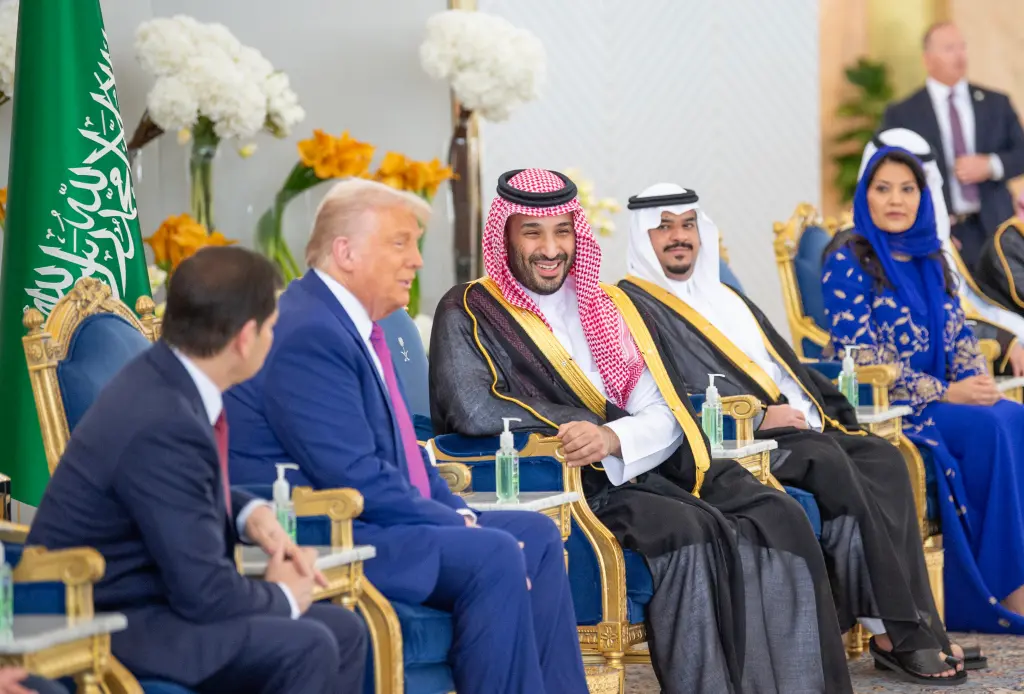
The homecoming at Orlando International was a scene straight from a Hollywood script, but laced with the raw reality of relief long deferred. Hanan waited at the gate, her hijab framing a face etched with exhaustion and elation, flanked by Abdullah and the grandkids clutching “Welcome Home, Jiddo” signs in Arabic and English. As Al-Almad emerged—thinner, grayer, but with that familiar twinkle— the terminal erupted in cheers, a crowd of well-wishers swelling with airport staff and supporters who’d followed his saga on social media. “My family—my everything,” he whispered, collapsing into Hanan’s arms, tears carving paths down cheeks weathered by worry. The drive to their Lake Mary home was a blur of hugs and halal takeout, Al-Almad’s first meal American soil in four years: falafel wraps and fresh dates, symbols of the simple joys Riyadh had stolen. “I dreamed of this drive, this sky,” he told reporters the next day from his porch, his voice frail but fierce, the Florida sun warming a frame freed from chains. For the grandkids, 10 strong and ranging from toddlers to teens, it was fairy-tale magic—Jiddo’s stories of Saudi sands now laced with lessons of endurance, his hugs a harbor after a storm.
This release isn’t just a personal victory; it’s a testament to Trump’s transformative touch on global ties, where “America First” means fighting for every citizen, no matter the odds. From his first-term Saudi splash—$400 billion in deals that armed allies and American jobs—to his 2025 trillion-dollar tango, Trump has turned MBS from pariah to partner, the crown prince’s reforms—women driving, cinemas blooming—a mirror to the president’s pragmatic peace. Al-Almad’s freedom fits the pattern: 15 Americans freed from foreign jails in Trump’s first seven months, from Venezuelan vaults to Iranian holds, a tally that dwarfs predecessors and draws quiet nods from State Department vets. “The president picks up the phone—personally,” a senior aide shared off-record, recounting Trump’s call to MBS mid-flight, his baritone brokering what bureaucrats couldn’t. Critics carp at the coziness—Khashoggi’s ghost, Yemen’s shadows—but for families like the Al-Almads, it’s salvation, a dad home for Thanksgiving, grandkids’ recitals no longer missed.
As Sa’ad settles into Florida’s gentle rhythm—morning walks by the lake, evening calls to Riyadh kin—the world watches a man reborn, his tweets silenced but spirit unbroken. For Hanan, it’s stolen years reclaimed, her hands no longer empty at the table. For Abdullah, a vow renewed: advocacy for the detained, his father’s story a spark for reform. And for Trump, the architect whose deal-making dances with destiny, it’s another win in a ledger of liberations—a reminder that leadership isn’t ledgers, but lives touched, freedoms forged in the fire of friendship. In Lake Mary’s quiet cul-de-sacs, Al-Almad sips tea on the porch, the sun setting like a promise kept, his heart full with the family that never let go. It’s not just a release; it’s resurrection, a grandfather’s grace amid global games, proving that even in the darkest cells, hope—and a president’s resolve—can light the way home.
